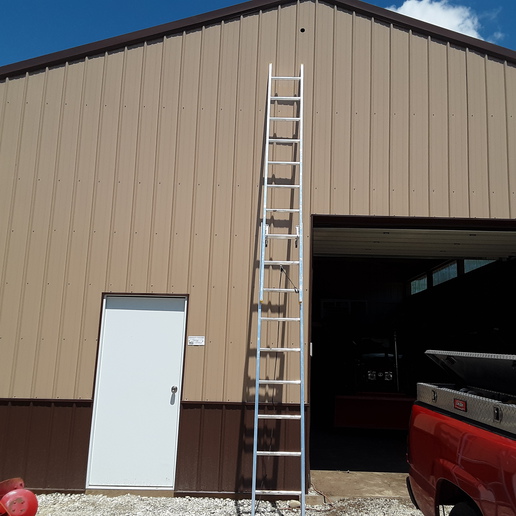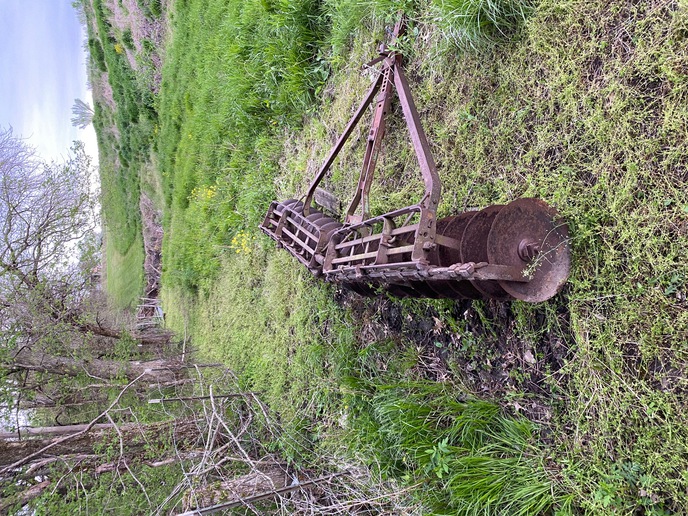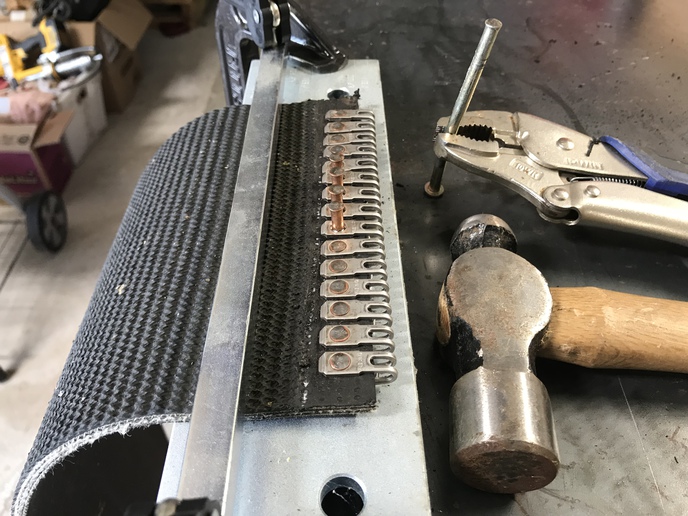Joel Sanderson
Member
When you change an oil pressure gauge on a tractor, do you need to bleed the line at the base of the gauge?



(quoted from post at 18:20:28 02/01/20) Jim I really had to laugh at this one. I could just picture that magnificent mess in my mind. People hear a tiny hammer on their home system and it is with 40-60 pounds of pressure. Try taking a balpeen hammer to some of your water system parts. Better yet. 500- 700 psi in a naval engine room. Heck..look what that little pistol shrimp can do. That is why I have air in the line going to my kitchen gauge. That roughly 12 feet can drop the reading by several pounds because of gravity pulling on that column of water. I want the true pressure down at the pump going into the tank. Tried it many years ago. Screw a garden hose onto the bottom of your water heater and screw on a good gauge at the other end. Leave air in the hose. Now walk up you cellar steps and then climb up a 10 foot step ladder. You would never beleave how much that gauge drops. Then try it with water in the hose. Big surprise. Here is the shrimp.
Pistol shrimp.
We sell tractor parts! We have the parts you need to repair your tractor - the right parts. Our low prices and years of research make us your best choice when you need parts. Shop Online Today.
Copyright © 1997-2024 Yesterday's Tractor Co.
All Rights Reserved. Reproduction of any part of this website, including design and content, without written permission is strictly prohibited. Trade Marks and Trade Names contained and used in this Website are those of others, and are used in this Website in a descriptive sense to refer to the products of others. Use of this Web site constitutes acceptance of our User Agreement and Privacy Policy TRADEMARK DISCLAIMER: Tradenames and Trademarks referred to within Yesterday's Tractor Co. products and within the Yesterday's Tractor Co. websites are the property of their respective trademark holders. None of these trademark holders are affiliated with Yesterday's Tractor Co., our products, or our website nor are we sponsored by them. John Deere and its logos are the registered trademarks of the John Deere Corporation. Agco, Agco Allis, White, Massey Ferguson and their logos are the registered trademarks of AGCO Corporation. Case, Case-IH, Farmall, International Harvester, New Holland and their logos are registered trademarks of CNH Global N.V.
Yesterday's Tractors - Antique Tractor Headquarters
Website Accessibility Policy
